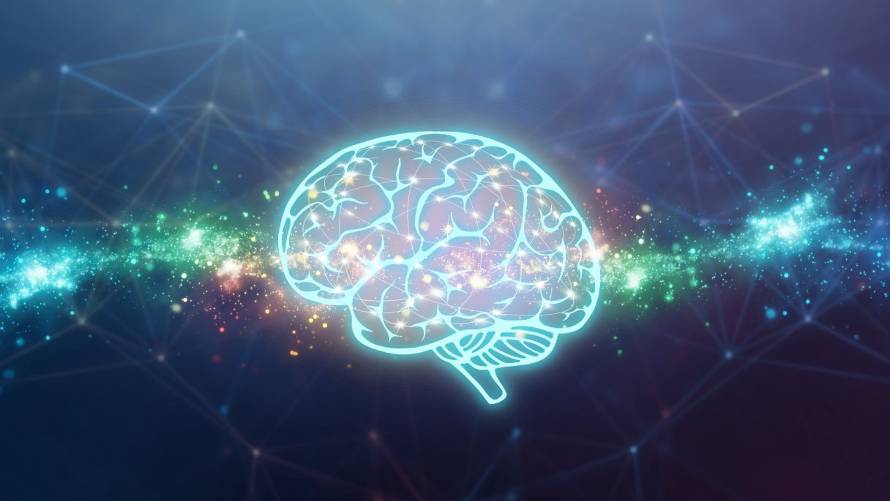Researchers at Cedars-Sinai have uncovered how brain cells responsible for working memory—the type needed to remember a phone number long enough to dial it—coordinate intentional focus and short-term storage of information. The study, published in the journal Nature, sheds light on the complex processes involved in this crucial aspect of memory.
Working Memory: The Key to Remembering Short-Term Information
Working memory, which allows the brain to store information for just seconds, is fragile and requires continued focus to be maintained. According to Ueli Rutishauser, PhD, director of the Center for Neural Science and Medicine at Cedars-Sinai and senior author of the study, working memory can be affected by various diseases and conditions, such as Alzheimer’s disease or attention-deficit hyperactivity disorder. “We believe that understanding the control aspect of working memory will be fundamental for developing new treatments for these and other neurological conditions,” said Rutishauser.
Patients’ Brain Activity Reveals Crucial Neurons
To explore how working memory functions, investigators recorded the brain activity of 36 hospitalized patients who had electrodes surgically implanted in their brains as part of a procedure to diagnose epilepsy. The patients performed a task that required the use of working memory, and the researchers noted the firing of two groups of neurons: “category” neurons that fire in response to specific categories, such as animals, and “phase-amplitude coupling,” or PAC, neurons.
PAC Neurons: The Conductors of Working Memory
PAC neurons, newly identified in this study, don’t hold any content but use a process called phase-amplitude coupling to ensure the category neurons focus and store the content they have acquired. PAC neurons fire in time with the brain’s theta waves, which are associated with focus and control, as well as gamma waves, which are linked to information processing. This allows them to coordinate their activity with category neurons, enhancing patients’ ability to recall information stored in working memory.
The Hippocampus: A New Role in Working Memory
PAC neurons do their work in the hippocampus, a part of the brain that has long been known to be important for long-term memory. This study offers the first confirmation that the hippocampus also plays a role in controlling working memory.
This study was conducted as part of a multi-institutional consortium funded by the National Institutes of Health’s Brain Research Through Advancing Innovative Neurotechnologies Initiative, or The BRAIN Initiative, and led by Cedars-Sinai. The data in this study is pooled across Cedars-Sinai, the University of Toronto, and the Johns Hopkins School of Medicine, resulting in a statistically powerful study that a single institution could not accumulate on its own given the difficulty of these experiments.


